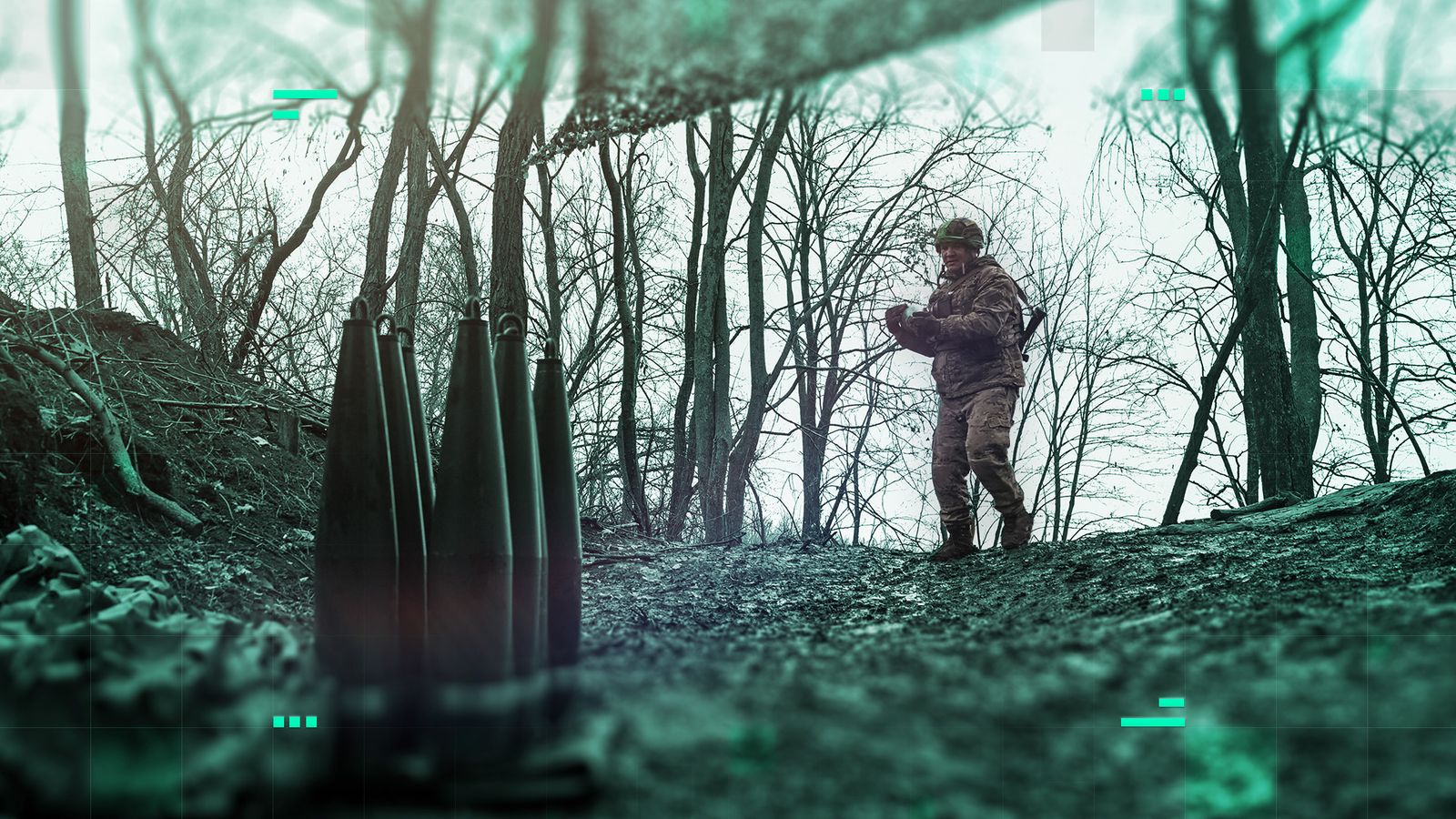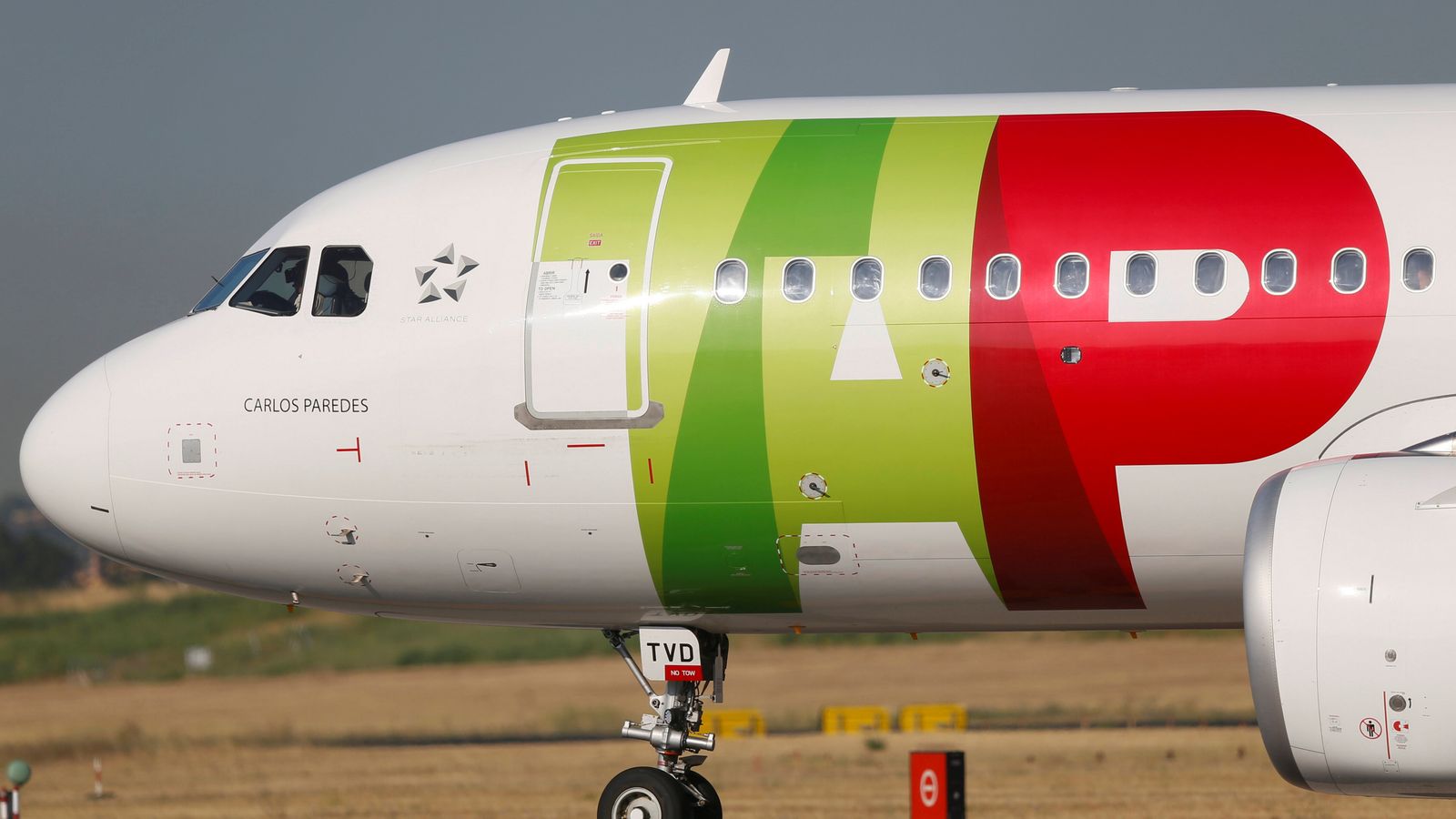
The sun is burning in the morning sky, the heat is intense, the humidity suffocating.
Flies buzz around our sweating brows as we peer down a dirt road, past heavily armed soldiers and their yellow crime scene tape flickering in the breeze.
It’s the latest crime scene, a double murder, two men found after dawn on an innocuous side road in a residential area of the city of Culiacan, in western Mexico.
There are many gang-related murders in Mexico every day, but this is different.
We are in the headquarter city of the Sinaloa drug cartel, arguably the most powerful crime gang in this country of cartels, and this isn’t a random gang killing, these are the latest murders in a war between two of the cartel’s leading factions – a war that could spread across this country and spill over the border into the United States.
This is a fight to the death over control of a business whose tentacles spread around the world.
The brutality, power, wealth and influence of the Mexican drug cartels are well-documented and even immortalised in fictional and factual films.
Perhaps the most famous of all the many cartels here is the Sinaloa cartel, led by Joachim El Chapo Guzman, now incarcerated in a United States prison where he will likely be for the rest of his life.
But the Sinaloa cartel is currently engaged in a brutal internal war between its two main crime families – those loyal to El Chapo, and those who support his former partner-in-crime, Ismael “El Mayo” Zambada.
Zambada was abducted in Mexico by one of El Chapo’s sons and flown to the United States in July. He was then handed over to the authorities, and Chapo’s son turned himself in.
It was the ultimate betrayal. And would always end as it has, with a war between the crime families.
I’ve come to Culiacan, the capital of Sinaloa state, and the headquarters of the cartel, to assess what might happen here in the coming days, weeks, months and even years as the families battle for control of this multi-billion-dollar business synonymous with efficiency, and cold-blooded execution of this business model.
I found myself at the latest crime scene, a double murder, another cartel gang killing. It is daily now.
A heavily armed column of state police rumbles through the streets in a neighbourhood in the city’s east. They’re providing extra security around the crime scene.
The type of weaponry and armour the police are using is the type of thing you see in wars. The army is here too, guarding the perimeter.
On a small dirt road lie the bodies of two men who were found at daybreak. They are face down, next to each other. One of the men’s arms has been placed around the other, both are barefoot.
One of them has a small blanket across his body, and a green plastic bag covering his face. Children’s toys have been placed on top of them.
Why they were killed isn’t known. And why whoever killed them decided to leave them in this position is also unclear.
But people are being murdered across Culiacan every day as this gang war intensifies. And many times, at these crime scenes, the killers will leave a message – in this case, the toys.
A group of women, clearly upset, arrive at the scene. The two dead men haven’t been identified yet, but the police say the women could be family, or they could have missing relatives, and they’ve come to see if it’s them.
This level of brutality hasn’t been seen for years in Culiacan.
The Sinaloa State Police commander in charge of the scene tells me that when the violence flares up, everyone across this city, this state, and even further afield is affected.
“Whenever there are high-impact violent events, and they are generalised in the city or in different parts of the State, it is very possible that there will be social and economic impacts,” Commander Jacobo Guerrero said.
“Because businesses close, people can’t go out, and there are impacts of that nature.”
Forensic officers arrive, painstakingly assess the scene of the crime. They inspect the bodies, photograph them, and try to ascertain how the men were killed.
Eventually the bodies are zipped into bags, loaded into a white van, and taken away.
Two more murder investigations added to a growing list.
Driving around the city, the first thing I notice is the streets of Culiacan are virtually deserted. The main roads are empty of vehicles and people, and shops and businesses are shuttered.
People are too scared to go out – it’s as simple as that. And many of them tell me it’s quieter now than even at the height of the COVID pandemic.
I’ve reported on the Sinaloa cartel and its activities for over a decade. The cartel is actually a conglomeration of different crime families and crime gangs.
Sometimes those involved are happy to talk, but getting access is extremely hard, and we had to exploit our contacts and history of reporting from here to arrange a meeting in Culiacan.
We were allotted a time and a place to meet a cartel “sicario”, a hitman, senior enough to speak for his leadership.
He ushered me into a house in a dimly lit street, past their ferocious dogs snapping at us through iron-bars of security gates. Inside he explained we were in a safe house for the “sicarios” where they plan their hits on rival gang members.
The man, who called himself Tony, was originally a member of the Chapo crime family, but he says they were taking such a large cut from his drug smuggling business that he decided to join the Mayo family because they’re more fair.
“To be honest, the entire problem, the problem here in Sinaloa has been extortion – charging people to work, charging shops, not letting people work freely,” he explained to me.
“I mean, when I started working in the cartel, I could do my job freely, and right now I can’t work or I have to pay 80% to work. They’re making me pay to work, I have to pay to work in the cartel.”
We were joined by another masked sicario, who didn’t give a name – false or otherwise.
What was clear from the start is that they consider themselves caught up in war that would cost the lives of many, even their own.
“No one is indispensable in this business, in this business one person is killed and there is another one ready to take their place,” the second man told me.
They both insist that this could go on for one, two, or even three years. And that until the score is settled, it simply won’t end.
“Tony” says that Chapo’s faction has around 2,000 to 3,000 people, and that Mayo’s has around 5,000 to 6,000.
“This will end… when there is only one side left, one of them has to emerge as the winner,” he added.
The two crime families may count their available gunmen in the thousands, they may be loyal, but they are also considered utterly expendable by their crime bosses. And the attrition rate in a war like this is horrendous.
In such times, abducting innocent young men and forcing them to fight is, we are told, becoming common.
Shortly after arriving in Culiacan, the son of a famous local journalist was abducted with two of his friends, by the cartel.
The journalist feared he had lost his son for good, and immediately contacted news organisations here in Sinaloa, and the authorities begging for help.
It seems that pressure was applied on the cartel, and the son was released within a day. He was fortunate, to say the least. Very few others would be, indeed his two friends are still missing.
I asked “Tony” and his colleague about this practice, and they confirmed it was happening, unsurprisingly perhaps, claiming their faction were not involved and blaming it on the Chapos.
Read more
Deadly cartel turf war forces schools to shut
El Chapo’s son ‘duped alleged cartel boss into flying to US before their arrests’
“That’s right, we know about this, we know this is happening and it is a shame, things should not be like this, but things happen for a reason, these are things that have to happen,” he replied.
“You need to take care of yourself, know the person you’re with and whose side you are on.”
An expert on the activities of the Sinaloa cartel is author and journalist, Miguel Angel Vega, who is from Culiacan. I have known him for a decade, and we have worked closely on many occasions.
We talked about recent developments in his home city.
“This will not end because this is a ferocious market, and a lot of money is involved, and people keep coming,” he said.
“If someone is arrested or killed, someone else will step in, and they will take power, and I don’t think this will end, this will continue, definitely.”
He told me he had never seen anything like the internal war that is developing here, and gave a stark warning that there could be unprecedented violence still to come.
“Under new leadership, new management, the whole thing, that means blood – people are going to die. Every time there is change people die,” Vega said.
“And I don’t mean just gunmen shooting each other, but also society, collateral damage, and that is the situation we fear here.”
Sometimes the security forces themselves get caught in the middle.
The morning we arrived, a military convoy had just been engaged by a convoy of cartel men travelling through town in four armoured vehicles. It’s unclear who fired first, but a firefight broke out between the two convoys.
The cartel gunmen abandoned one of their armoured vehicles – it’s windscreen and body riddled with bullets.
A soldier was killed in the battle. I watched on as investigators photographed his weapons, still visible on the road where he died.
Another murder scene.
Another forensic investigation.
Documenting a cycle of violence with no obvious end in sight.























